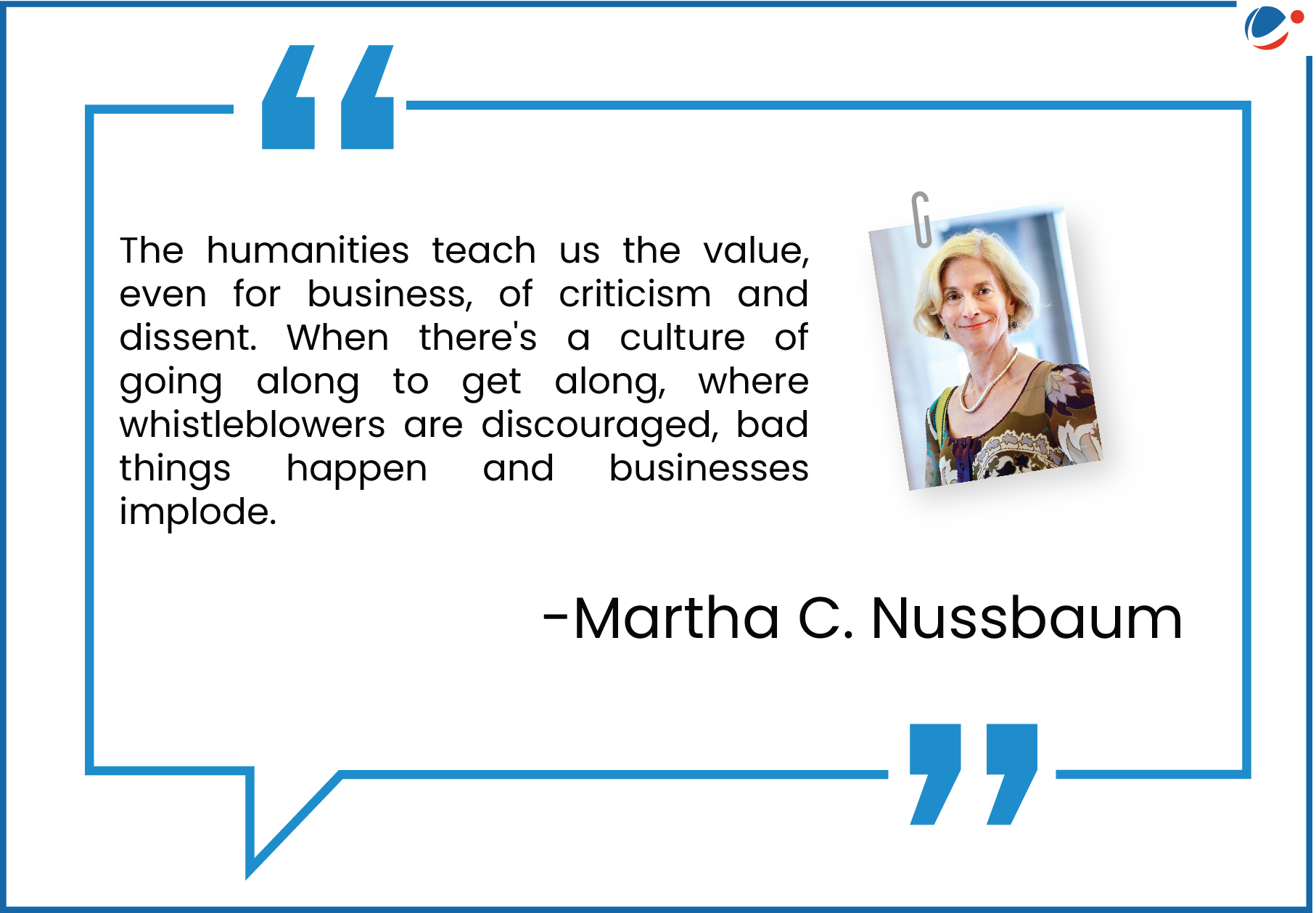Introduction
Recently, Julian Assange was freed by the US Court in WikiLeaks espionage case. WikiLeaks serves as a whistleblower platform over the internet. From Edward Snowden to Satyendra Dubey, many whistleblowers have acted on their conscience, but have their acts always been ethical?
What is Whistleblowing?
- Definition: It is the disclosure of information to the public or some higher authority about any wrongdoing, which could be in the form of a fraud, corruption, etc. in a company or government.
- Whistleblower is the person who reports/discloses the wrongdoing or the unethical act. E.g., Late Shanmugam Manjunath among others.
- Types of Whistleblowers/ Whistleblowing-
- Internal: Reporting the misconduct, fraud, or indiscipline to senior officers of the organization such as Head of Human Resources or CEO.
- External: Reporting the wrongdoings to people outside the organization such as the media, higher government officials, or police.
Stakeholders and Their Interests
Stakeholder | Interests |
Whistleblower | Exposing wrongdoing or misconduct and protecting themselves from retaliation. |
Citizens/Society | Access to information about government activities. |
Government | Balancing national security concerns with transparency. |
Organization | Protecting their reputation, addressing the reported issues internally, if possible, etc. |
Regulatory Bodies | Enforcing compliance with laws and regulations. |
Media Interests | Reporting on newsworthy allegations and protecting sources. |
Advocacy Groups/ NGOs Interests | Promoting transparency and accountability and supporting whistleblowers. |

Ethical dilemmas involved in Whistleblowing
- Protection of whistleblowers vs. National security: Balance between safeguarding individuals who expose wrongdoing and ensuring government responsibility while considering threats to national security.
- Media responsibility vs. Ethical Information handling: The media has a moral duty to tell the people about government action while handling dangerous or sensitive information in a responsible manner.
- Information Ethics concerns with moral issues arising from the creation, collection, organization, access, and use of information arising out of whistleblowing.
- Public right to information vs. Government need for confidentiality: Balance between citizens' right to know about government's actions and the government's necessity to uphold confidentiality in certain matters.
- Duty of loyalty vs. Moral obligation: Conflict between an employee's duty to their employer and their moral obligation to report wrongdoing.
- Protection vs. Accountability: Ethical considerations in protecting whistleblowers from retaliation and Ensuring accountability for false or malicious reporting.
Laws to protect Whistleblowers in India
- Whistleblowers Protection Act, 2014: It's the primary legislation aimed at protecting whistleblowers in India. It safeguards against victimization of persons who make public interest disclosures.
- The Companies Act, 2013 (Section 177): Stipulates listed companies to establish a vigil mechanism for directors and employees to report genuine concerns.
- SEBI (Securities and Exchange Board of India) Regulations, 2015: SEBI has mandated listed companies to frame whistleblower policies.
- Guidelines for Corporate Governance for Insurers in India: Guidelines issued by IRDAI advise companies regulated by it to set up a 'Whistle Blower Policy'.
- Protected Disclosures Scheme for Private Sector and Foreign Banks: Scheme of RBI wherein the banks are required to formulate a whistleblower policy/vigil mechanism.
Indian Laws/Rules to protect government secret information
|
Way Forward
- Strengthen and Implement Existing Laws: Strengthen and Implement the Whistleblowers Protection Act, 2014 effectively and ensure robust enforcement mechanisms.
- Extend Protection to Private Sector: Develop comprehensive legislation covering both public and private sectors and encourage corporate policies to protect whistleblowers.
- International cooperation: Adopt global best practices and participate in global initiatives to protect cross-border whistleblowers.
- Media Protection: Strengthen laws protecting journalists who work with whistleblowers and ensure freedom of press in reporting on whistleblower cases.
- Balance Access to Information and Secrecy: Need to ensure freedom, liberty, and access to information to public at the same time maintain secrecy about national security.
Check your Ethical AptitudeAn honest and dedicated civil servant working in the public work department comes across the gross irregularities in the construction of road in border areas. On the further investigation, he found that there is a nexus between other officials with local contractors who use sub-standard material for the construction. On the completion of construction, road is supposed to serve the military. It would facilitate the smoother movement of troops in the time of emergency and contribute to the national security. However, complaining about the irregulars to higher authorities or exposing in the media would delay the project and he may face threat of retaliation from associated stakeholders. On the basis of the above case study, answer the following questions:
|







